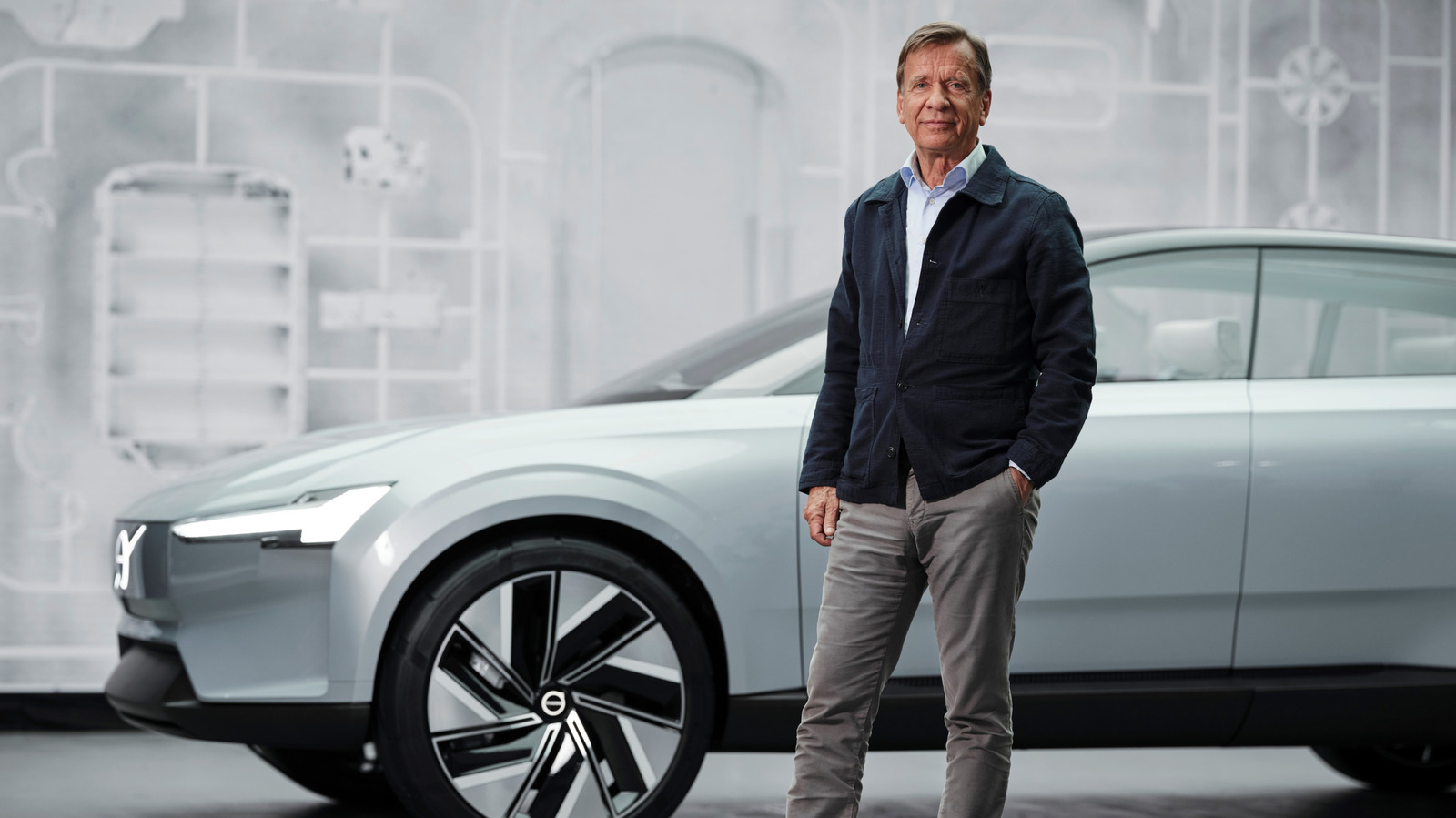By Matthew Debord
Copyright jalopnik

Volvo is lucky that it has backing from Geely, and if you read between the lines of his comments, you can tell that Samuelsson knows it. But like other small, offbeat brands such as Jaguar, Maserati, and Aston Martin, – small, Volvo’s position is precarious. Yes, it posted some good numbers for EV sales in 2024, but with government incentives disappearing in the U.S., that performance could be hard to repeat. Most of its sales are still in Europe, and that region is setting up to be the industry’s main battlefield, with the Chinese cars coming in droves.
What Volvo has going for it, of course, is the Geely factor combined with brand value that’s still pretty solid. That’s why it can still sell more than 750,000 cars a year. It doesn’t entirely need to go all-in (yet) with EVs, thanks to a diverse powertrain strategy that also features plug-ins and hybrids. That said, the conundrum for the future is to figure out where Volvo fits in a radically altered automotive landscape. Success would probably mean sticking around as a respectable player in a China-dominated future, much as it did in the past when the U.S., Japan, and Germany ruled the world.



